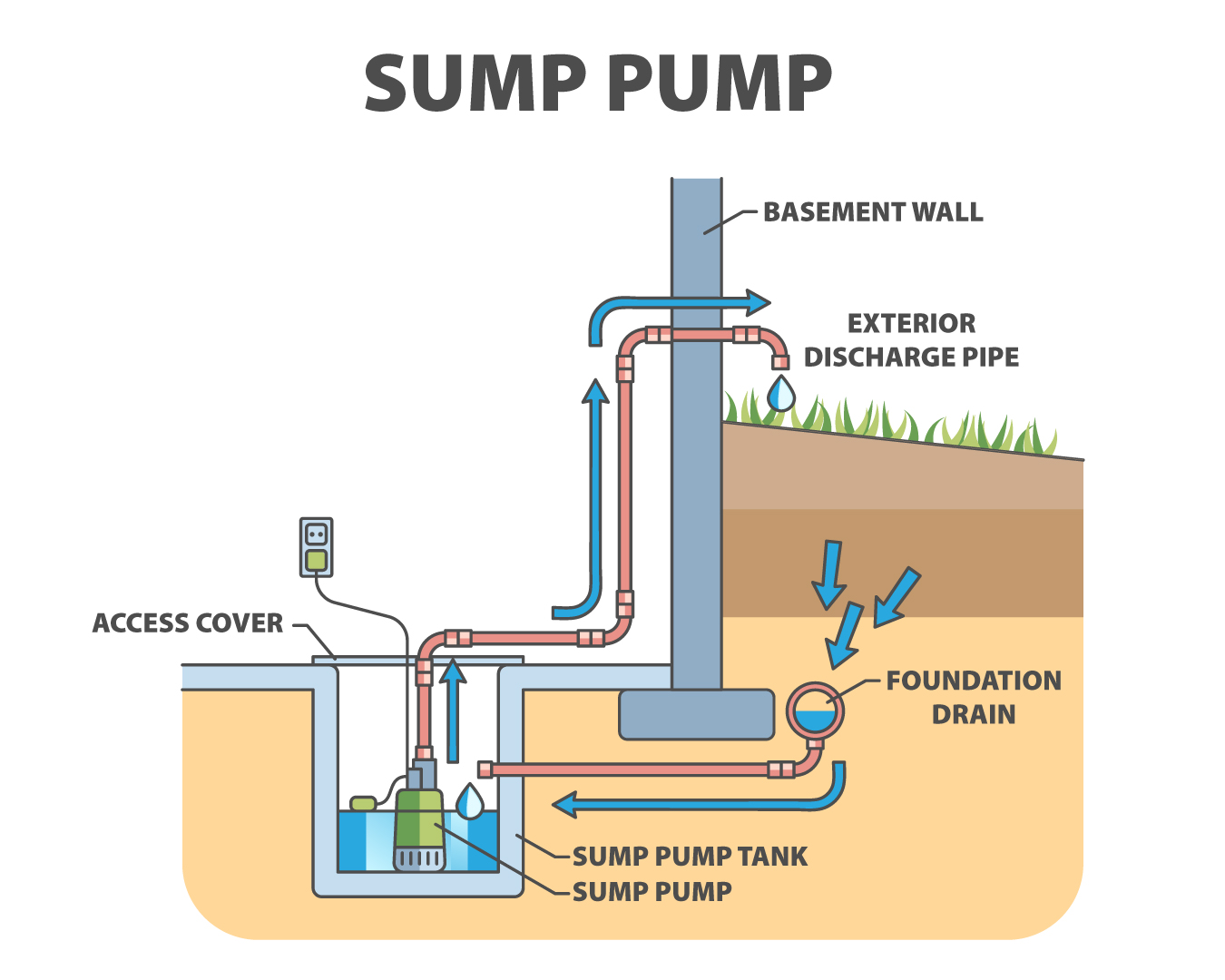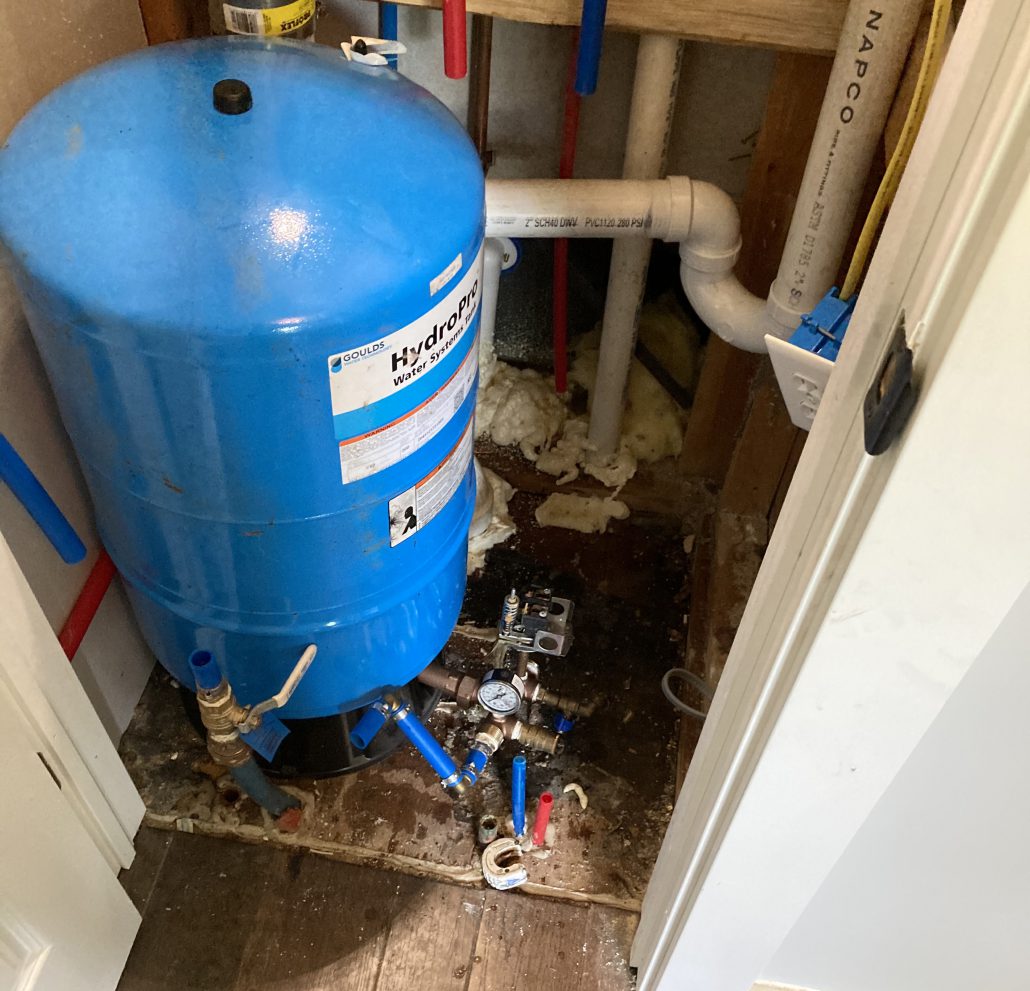Comprehending the Key Parts of Effective Water Filtration Equipments

Relevance of Water Purification Systems
Water filtration systems play an important function in making sure access to safe and tidy drinking water by effectively getting rid of pollutants and pollutants. These systems are crucial in resolving the growing issues over water top quality and the prospective health risks connected with consuming polluted water. By using different purification devices such as reverse osmosis, turned on carbon, and UV sanitation, water purification systems can efficiently remove damaging materials like bacteria, viruses, heavy steels, and chemicals from the water supply.
Additionally, water purification systems aid to boost the taste and odor of water by eliminating chlorine, debris, and other toxins that can influence its quality. Water Softeners. This improvement in water high quality not just makes it much more tasty however likewise motivates individuals to consume alcohol an appropriate quantity of water daily, promoting much better hydration and total health
Kinds Of Filtration Parts

Physical filters are developed to physically strain out impurities from the water. These filters can be made of products like ceramic, carbon, and even sand, and they function by capturing particles bigger than the filter's pores as water goes through.
Chemical filters make use of numerous chemical procedures to get rid of pollutants from the water. Examples consist of triggered carbon filters, which adsorb pollutants, and turn around osmosis membranes, which make use of stress to separate contaminants from the water.
Organic filters make use of living organisms like microorganisms or algae to damage down natural matter and toxins in the water. These filters are often made use of in wastewater treatment plants or natural water purification systems.
Recognizing the various sorts of filtration parts is vital for selecting one of the most ideal water filtration system for particular purification needs.
Function of Sediment Filters
Sediment filters play a vital role in water filtering systems by efficiently capturing strong fragments put on hold in the water. These filters are generally the first Our site line of defense in a filtering system, eliminating larger bits such as sand, silt, dirt, and corrosion prior to the water moves via finer filtration phases. By trapping these debris, the filters avoid them from getting to downstream parts, hence expanding the lifespan and effectiveness of the entire system.
Overlooking this upkeep can lead to clogging, minimized water flow, and endangered purification efficiency. Generally, sediment filters are important elements that add dramatically to the effectiveness of water filtering systems.
Duty of Triggered Carbon Filters
Playing an essential role in water purification systems, turned on carbon filters are critical in eliminating impurities and pollutants from the supply of water. These filters are made to adsorb and trap a variety of pollutants, including chlorine, unstable organic compounds (VOCs), pesticides, and herbicides. The triggered carbon product has a huge surface, permitting the efficient trapping of impurities via a process called adsorption. As water goes through the filter, the activated carbon holds and brings in onto the contaminations, ensuring that the water that appears on the various other side is cleaner and much safer for consumption.
Turned on carbon filters are extremely efficient at enhancing the taste and odor of water by reducing chemicals that can impact its quality. They are also qualified of getting rid of specific heavy metals like lead and mercury. Furthermore, these filters can help avoid the build-up of microorganisms and algae in water, additional boosting its overall high quality. As a result of their adaptability and dependability, activated carbon filters are a vital component in ensuring that water is purified to the greatest standards before reaching consumers.
Comprehending Reverse Osmosis Systems
Reverse osmosis systems are advanced water purification systems that use an advanced procedure to get rid of pollutants and impurities from drinking water. These systems work by using pressure to the water, requiring it via a semi-permeable membrane.
One secret benefit of reverse osmosis systems is their capacity to eliminate a wide variety of contaminants, including heavy steels, liquified check my source infections, solids, and microorganisms. This makes them highly effective in enhancing the overall quality and safety and security of drinking water. In recommended you read addition, reverse osmosis systems are reasonably low-maintenance and can be installed under the sink or in a central filtering system, providing convenient accessibility to tidy water throughout the household. Overall, comprehending how reverse osmosis systems work can help individuals make notified decisions regarding their water filtration needs.
Verdict
In verdict, efficient water purification systems are essential for making certain clean and safe alcohol consumption water. By recognizing the feature and function of each element, people can make informed choices when selecting a water filtering system.
Water filtering systems play an important function in ensuring accessibility to secure and clean drinking water by effectively eliminating contaminants and pollutants. By making use of numerous filtration mechanisms such as reverse osmosis, turned on carbon, and UV sterilization, water purification systems can successfully get rid of unsafe materials like bacteria, infections, hefty steels, and chemicals from the water supply.
Sediment filters play a crucial role in water filtering systems by properly catching strong bits suspended in the water (Well Pump Replacement).Playing a crucial role in water purification systems, triggered carbon filters are instrumental in removing pollutants and pollutants from the water supply.Reverse osmosis systems are sophisticated water purification systems that employ an innovative process to remove contaminants and pollutants from alcohol consumption water